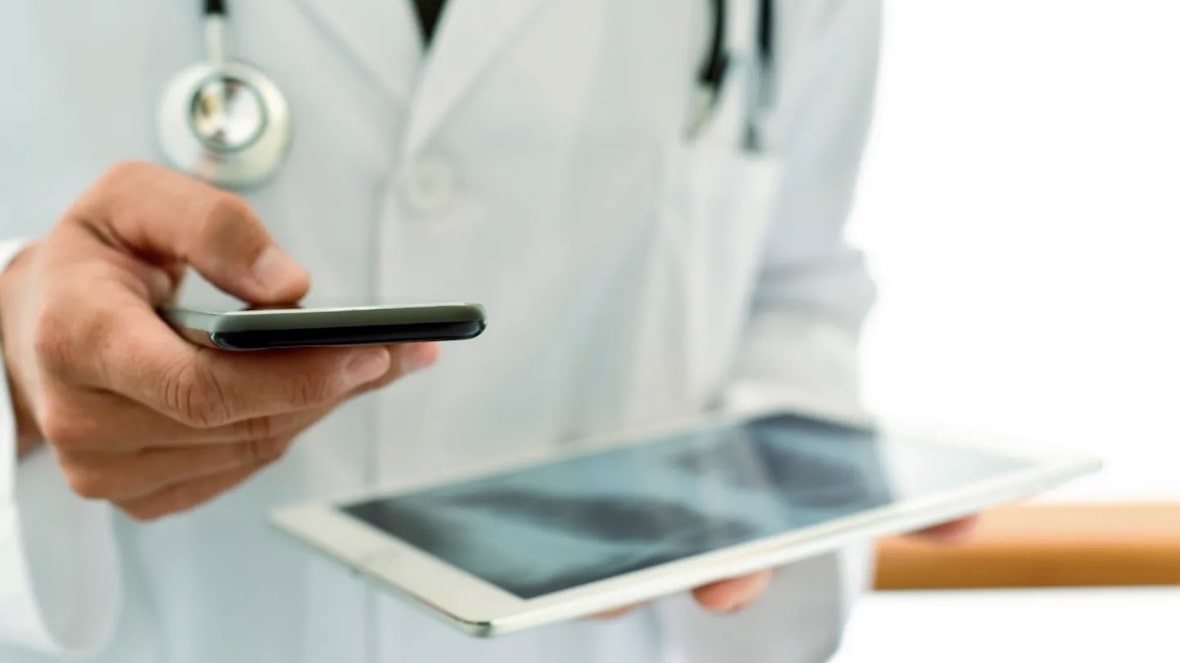Connecting Care was one of the most extensive and mature shared care records in England before the coronavirus outbreak, but it has evolved further to support health and care services during the crisis.
Jocelyn Palmer, Connecting Care programme lead for Connecting Care at NHS South, Central and West Commissioning Support Unit, told a Digital Health / Orion Health webinar that its response had focused on four main areas; ensuring access, adding further information to the record and exploring changes needed for some specific sectors – such as for care homes.
In response to a question from the webinar’s audience, she also agreed that the crisis had accelerated health tech adoption in health and care; and Connecting Care will need to evolve for a new world of integrated care and digital first working.
“Our bread and butter”; ensuring access and extending licences
The Connecting Care programme started in Bristol almost a decade ago. It has used Orion Health technology from the outset, initially to enable a few hundred care professionals to access real-time patient information through a portal.
Since the initial go-live in 2013, it now has over 7,000 users, has added more information feeds, adopted more advanced functionality, and expanded to cover 23 organisations and over 80 GP practices across Bristol, North Somerset and South Gloucestershire.
Jocelyn Palmer told the webinar: “Connecting Care is all about making care better, safer and more joined-up. “We are very much a shared care record, but we are also a wider interoperability platform, and as part of that we share and deliver hospital documents and we have integrated with personal health records, an area that we are developing.”
“So, for Covid-19, our first area of focus, which is bread and butter for us, has simply been making sure anyone has access who needs access. So support has gone into rolling out licences. Bristol has a Nightingale Hospital that, fortunately, has not been needed yet, and we are ready to supporting that if needed. But we have also been making sure that any other teams have the licences they need.”
Rethinking delivery to care homes
Before the coronavirus outbreak, the Connecting Care programme had been actively working on projects with local care homes as part of the Digital Pathfinder in Bristol, North Somerset and South Gloucestershire. Pathfinder projects are focused on delivering innovative uses of technology to share information between health and adult social care, in order to achieve better outcomes for people using the services.
Work was underway to reach 50 care homes this year. Jocelyn Palmer said the arrival of Covid-19 had paused some of this work; but had also created time to think-through how best to support care homes at present.
“Some of the work can’t progress as planned at the moment, but we have been looking at the practicalities of making Connecting Care available to care homes – delivered over the internet because that would make it much more accessible,” she told the webinar.
Adding value to the record
Throughout the coronavirus emergency, there has been a focus on using technology to identify people who may be particularly vulnerable to Covid-19, and to pick-up and effectively treat people with the disease. Jocelyn Palmer said information had been added to do this.
For example, highlighting vulnerable people at “high risk” of complications from COVID-19 (as published by NHS Digital) is being added to the record. Connecting Care is also now sharing patient ReSPECT forms from North Bristol NHS Trust, so professionals attending an individual know what their care preferences are, if they cannot express them.
A significant piece of work enabled the sharing of evidence-based information on risk of mortality. “This work was led by BNSSG CCG, and we worked closely with the analytics team there” Jocelyn Palmer explained on the webinar.
The Charlson Score (Comorbidity Index) 1 is now available to view in Connecting Care. This score is a validated way of assessing mortality risk due to a combination of comorbidities and age. It is provided to aid decision-making, and currently of course, particularly in relation to the Covid-19 pandemic.
“This means that we have added some specific evidence-based information into the shared care record to support clinicians. Taking the results of analysis into a shared care record was a first for us.”
“Clearly this very much the direction of travel, as those working on Local Health and Care Record Exemplar projects will know well – so we were pleased to be able to deliver this locally and I hope it provides support when making assessments on care.”
“Shifting the dial”: pivoting with the NHS pivot to digital
The coronavirus outbreak has led to a significant reorganisation of the NHS and an uptick in the adoption of some kinds of digital technology. Many more health and care professionals are now working remotely, holding digital clinics, and conducting video consultations.
Towards the end of the webinar, Jocelyn Palmer was asked if she felt Covid-19 had also shifted the dial on shared care records which, outside areas like Bristol, have seen relatively slow rates of adoption and expansion across England.
“Covid-19 has definitely accelerated technologies for remote working and virtual consultation,” she responded. “I think we will all see further shifts, because having key information at people’s fingertips will become increasingly important to health and care services – especially if they are having to work remotely going forward.”
“The question for us is how different systems and personal health records, messaging apps and monitoring devices will become part of the digital ecosystem that will be needed to support clinicians and to enable them to have the dialogue that they will need with patients.”
Connecting Care will need to work with Orion Health to make sure it can adapt to play an effective role in that ecosystem. Or, as Jocelyn Palmer concluded: “We will be evolving; but we were evolving anyway. And things do feel different; much more collaborative and positive – which is great, and as it should be.”



